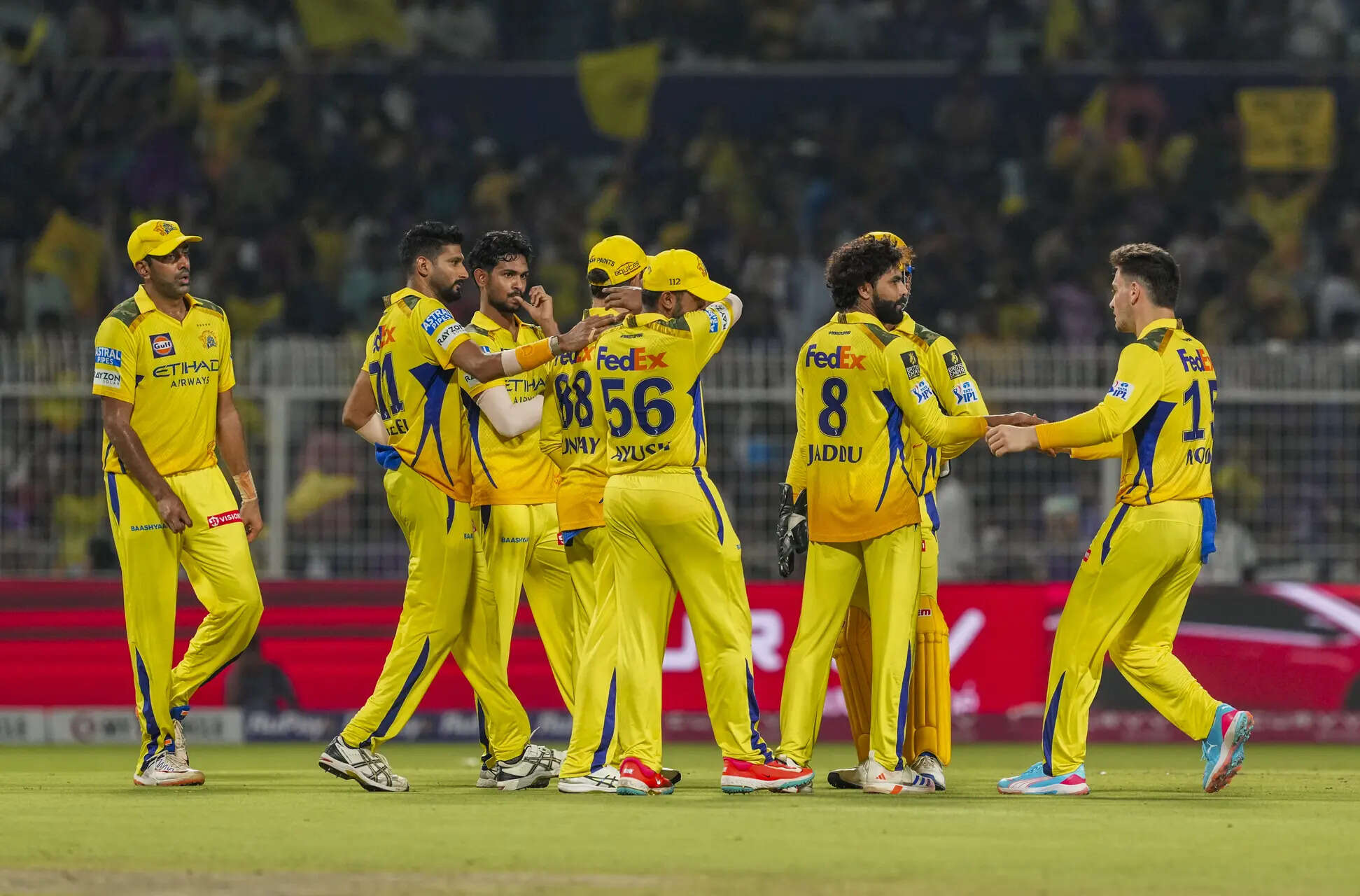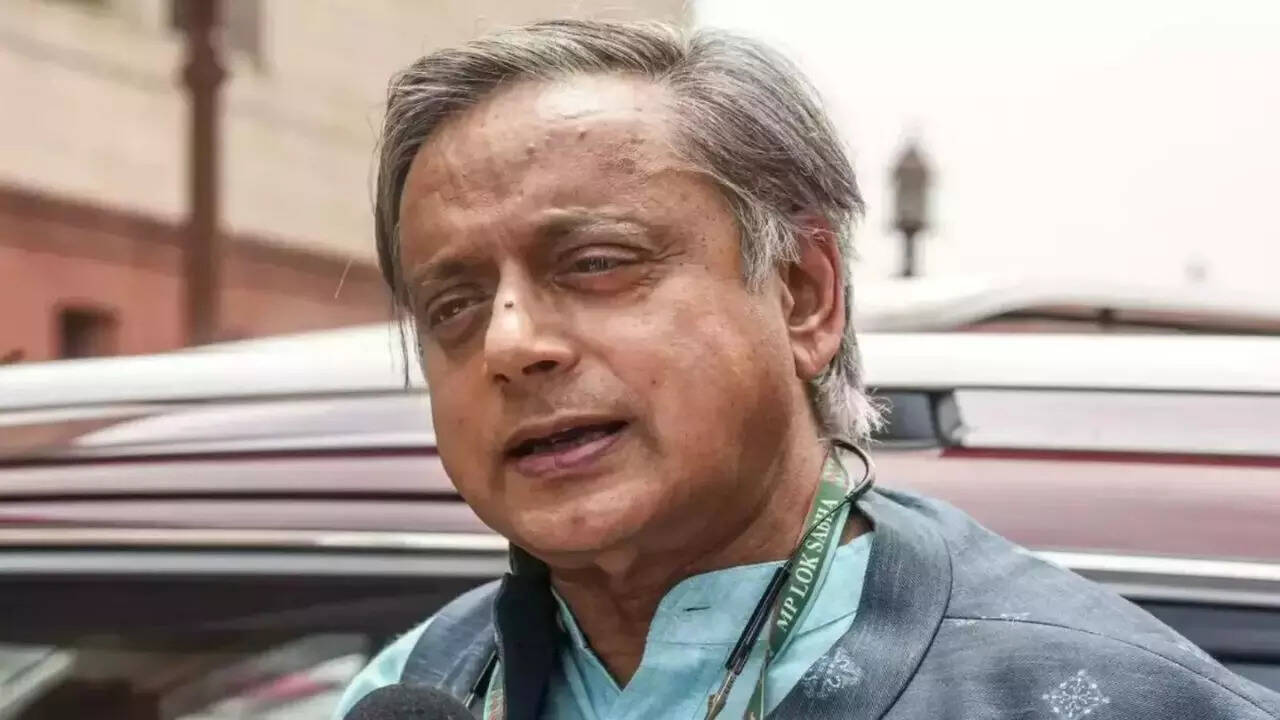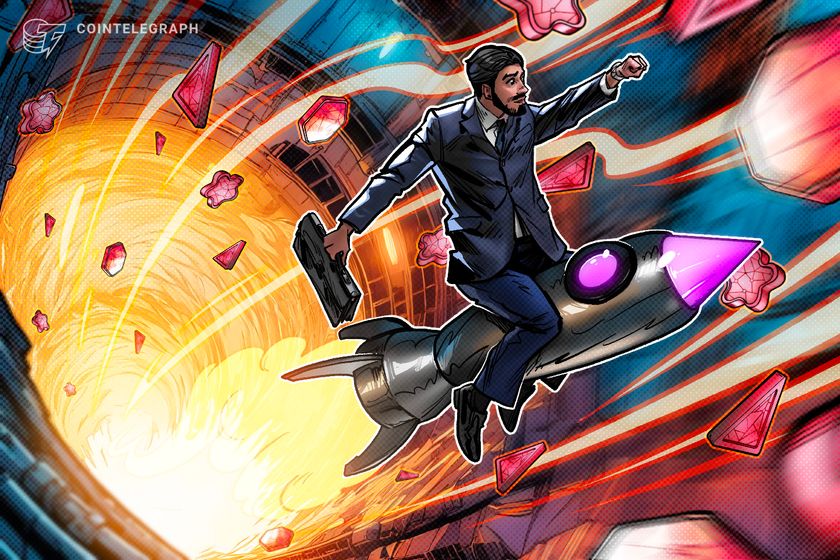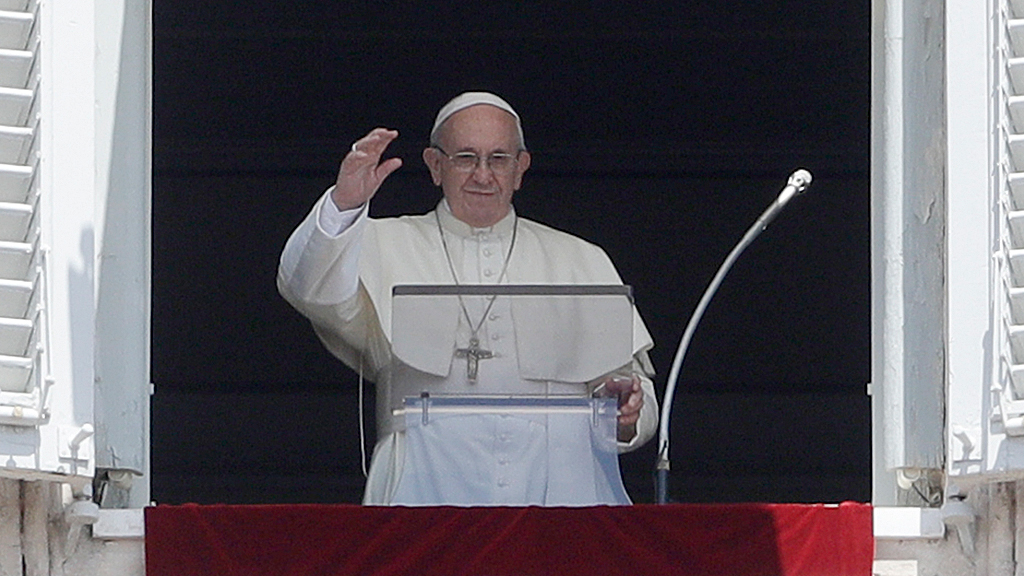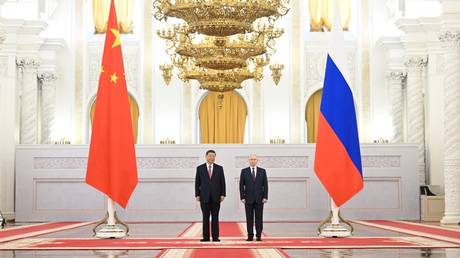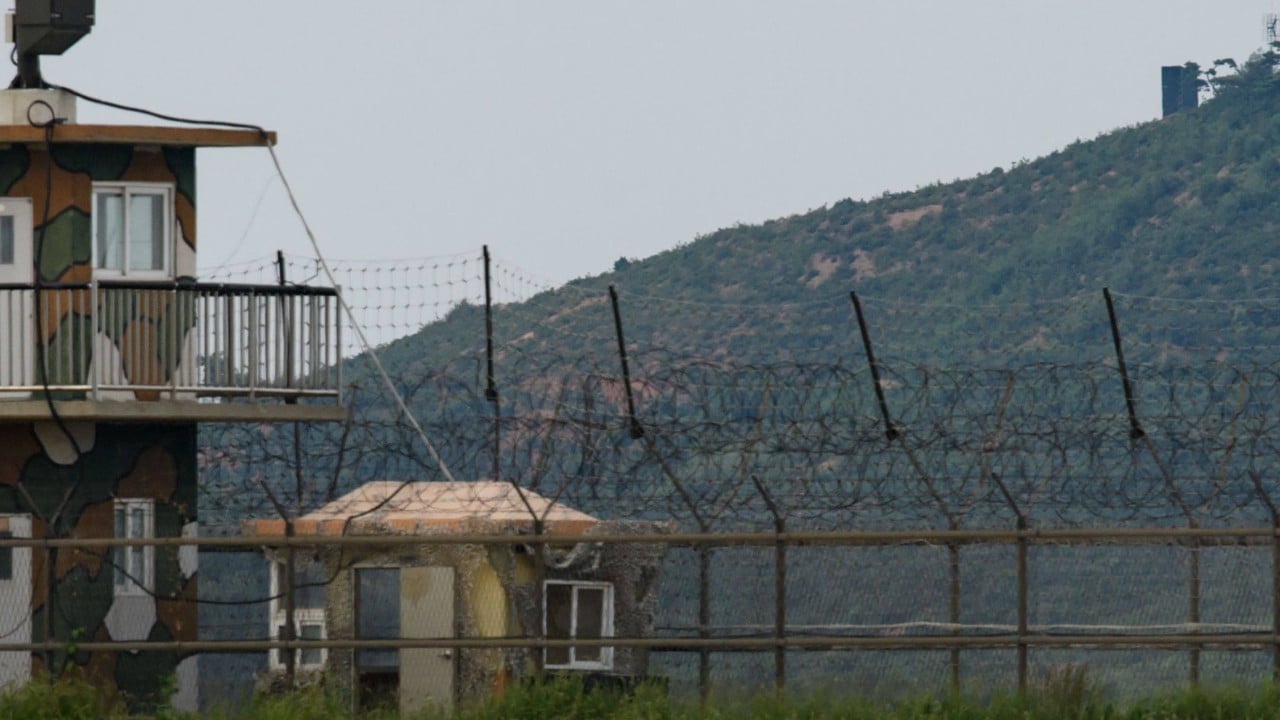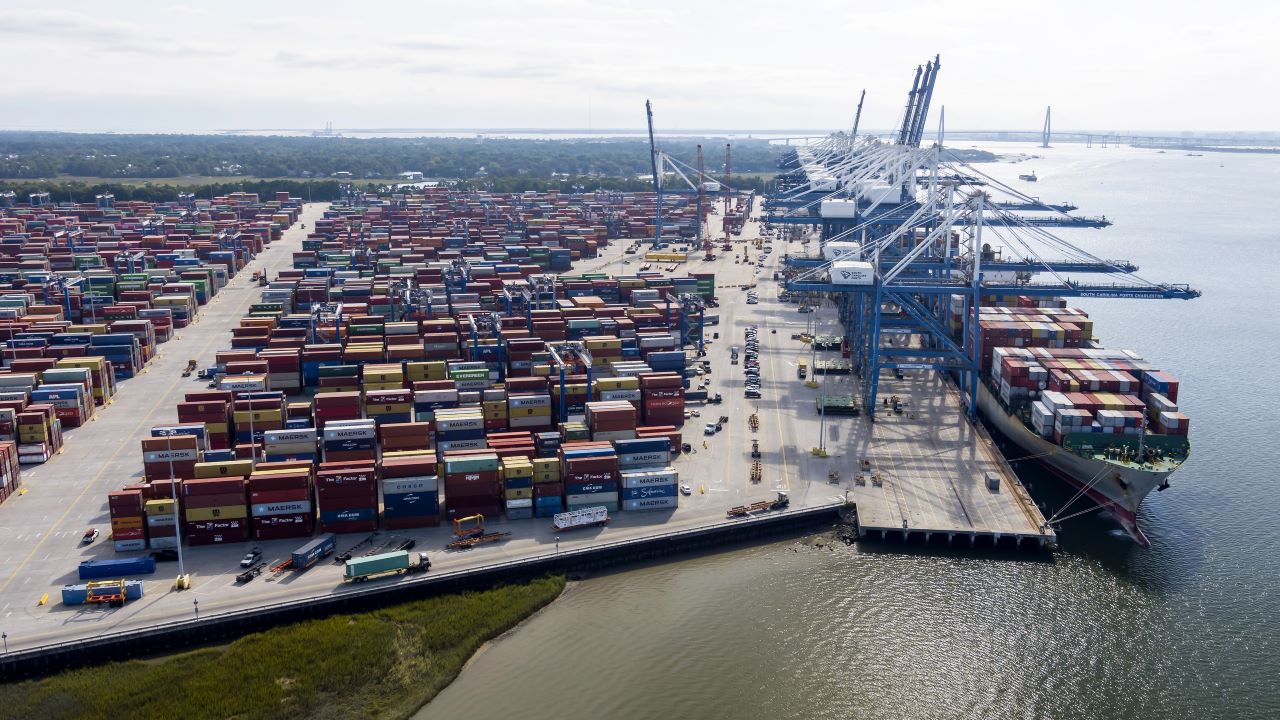How India and Pakistan Can Step Back From the Brink
The two nuclear powers will need to be able to claim a victory that allows them to save face and avoid a hot war.


Early Wednesday morning, India carried out air strikes in Pakistan’s Punjab province and Pakistan-administered Kashmir. In a statement, New Delhi said they targeted terrorist infrastructure and that the strikes were in retaliation for the Apr. 22 attack that killed 26 tourists in India-administered Kashmir, which New Delhi blamed on Pakistan. As I wrote for TIME several days ago, some type of Indian military action was widely expected. [time-brightcove not-tgx=”true”]
While New Delhi described the operation as non-escalatory, this is clearly not how Pakistan—which denies any involvement in the Apr. 22 attack—viewed them. It denounced the strikes, the most intense in Pakistan since a 1971 conflict, as an “act of war.” It claimed they hit civilian targets, including a mosque, and killed at least 31 people.
Pakistan immediately launched a response, including intense shelling on India’s side of the de facto border, which India’s army said killed at least 15 civilians. Pakistan also claims to have downed several Indian jets in India-administered Kashmir (Indian officials acknowledged the crash of three Indian planes, but they say the reasons aren’t clear).
Escalation risks are extremely high, given the scale of hostilities and the dark moods in both capitals. With India having hit Punjab—Pakistan’s most populous and prosperous province, and home to the capital and military headquarters—Pakistan may opt to strike targets beyond India-administered Kashmir. That then raises the risk of additional Indian strikes on Pakistan, including military sites—and especially if the initial Pakistani response, as claimed by Islamabad, went after Indian military targets. Under such scenarios, it would be hard not to worry about the risk of nuclear escalation.
With the crisis evolving so quickly, speculation about possible next moves and countermoves has limited utility. The better question to ask is what will it take to get to de-escalation. Many key capitals—Washington, London, Riyadh, Doha, Abu Dhabi—are on friendly terms with both India and Pakistan and will be working the phones in the coming hours and days to urge the two sides to come back from the brink. But that will only be effective if they can convince New Delhi and Islamabad that their interests are best served by opting for off-ramps.
During the last few India-Pakistan crises, in 2016 and 2019, de-escalation came relatively quickly. But the scale and intensity of hostilities was not nearly as high as now. Ultimately, for the two sides to agree to wind down, they’ll need to be able to claim a victory that allows them to save face.
India might believe its initial strikes constitute that victory. Its stated goal was to degrade the militant infrastructure that it claims facilitated the Kashmir attack. Its military operations did hit areas, particularly in Punjab, known to house the two most potent anti-India jihadist groups, Jaish-e-Mohammed (JeM) and Lashkar-e-Taiba (LeT). (CBS News reportedly obtained a statement from JeM leader Masood Azhar claiming India’s strikes killed 10 of his family members and four “close associates.” Whereas in 2019, India took heat from Pakistan and independent analysts who argued that strikes in Khyber-Pakhtunkwa province meant to hit JeM targets instead simply hit trees.) New Delhi may feel it can point to the scale of today’s strikes, and their location, to justify this to the Indian public as mission accomplished.
Pakistan’s criteria for being able to claim victory are tougher to decipher. Ideally, it will want to get to a point where it believes it has restored deterrence against the kind of actions New Delhi undertook Wednesday morning. It may also settle for a more concrete achievement that represents a considerable blow to the Indian military; if the Indian jets that crashed are proven to have been downed by the Pakistani military, that could provide a potential off-ramp for Islamabad to embrace. But given the state of play, with Pakistan having described the Indian strikes as an act of war, Islamabad may be looking to achieve more against India. And if Pakistan ramps up its response, India may no longer be content to call it a day after its initial operation.
Today, India and Pakistan are arguably closer to war than at any time in recent years. The risk isn’t merely one of escalation. It’s also the fear that it will take dangerously long for each side to be incentivized to pursue de-escalation.
What's Your Reaction?















